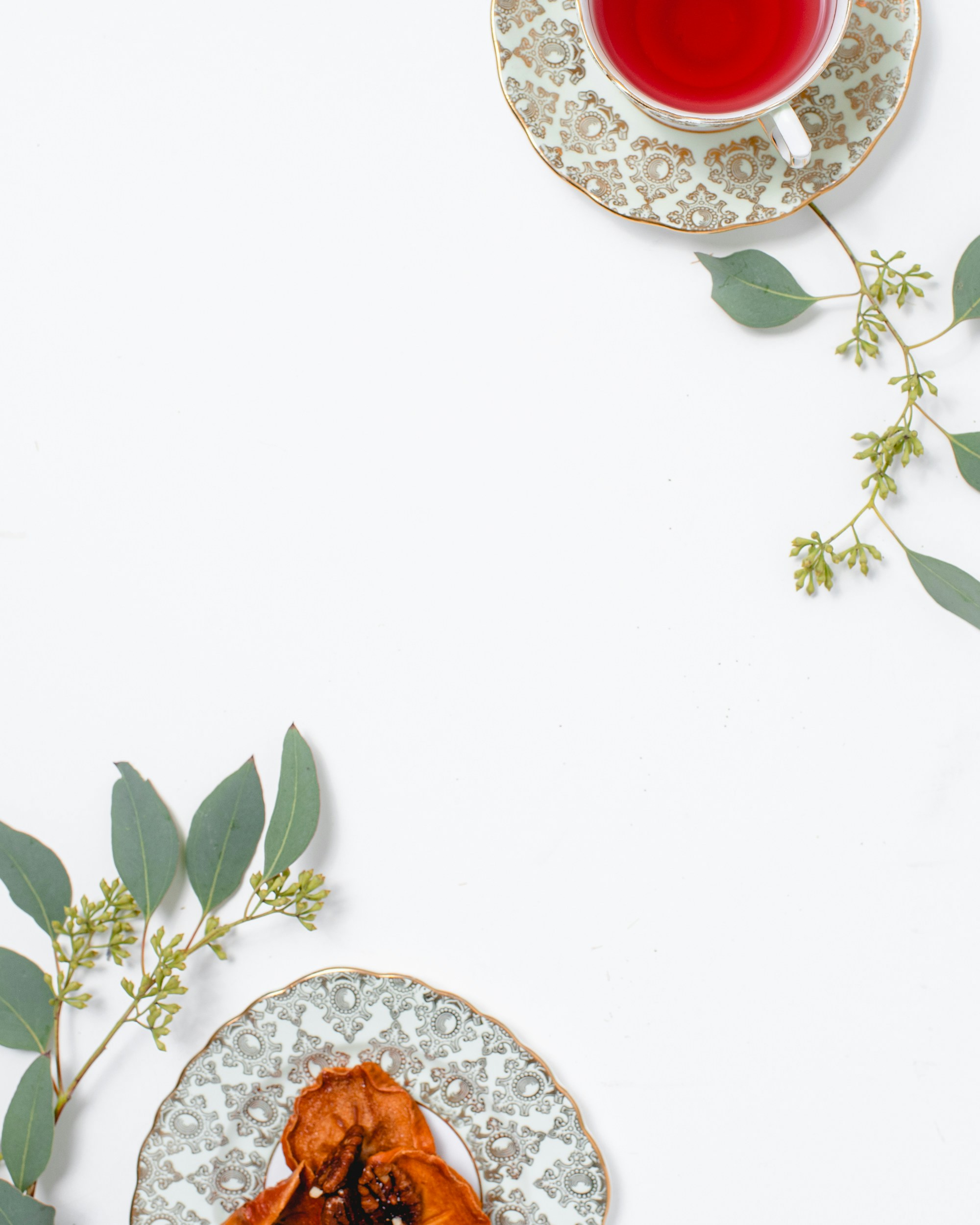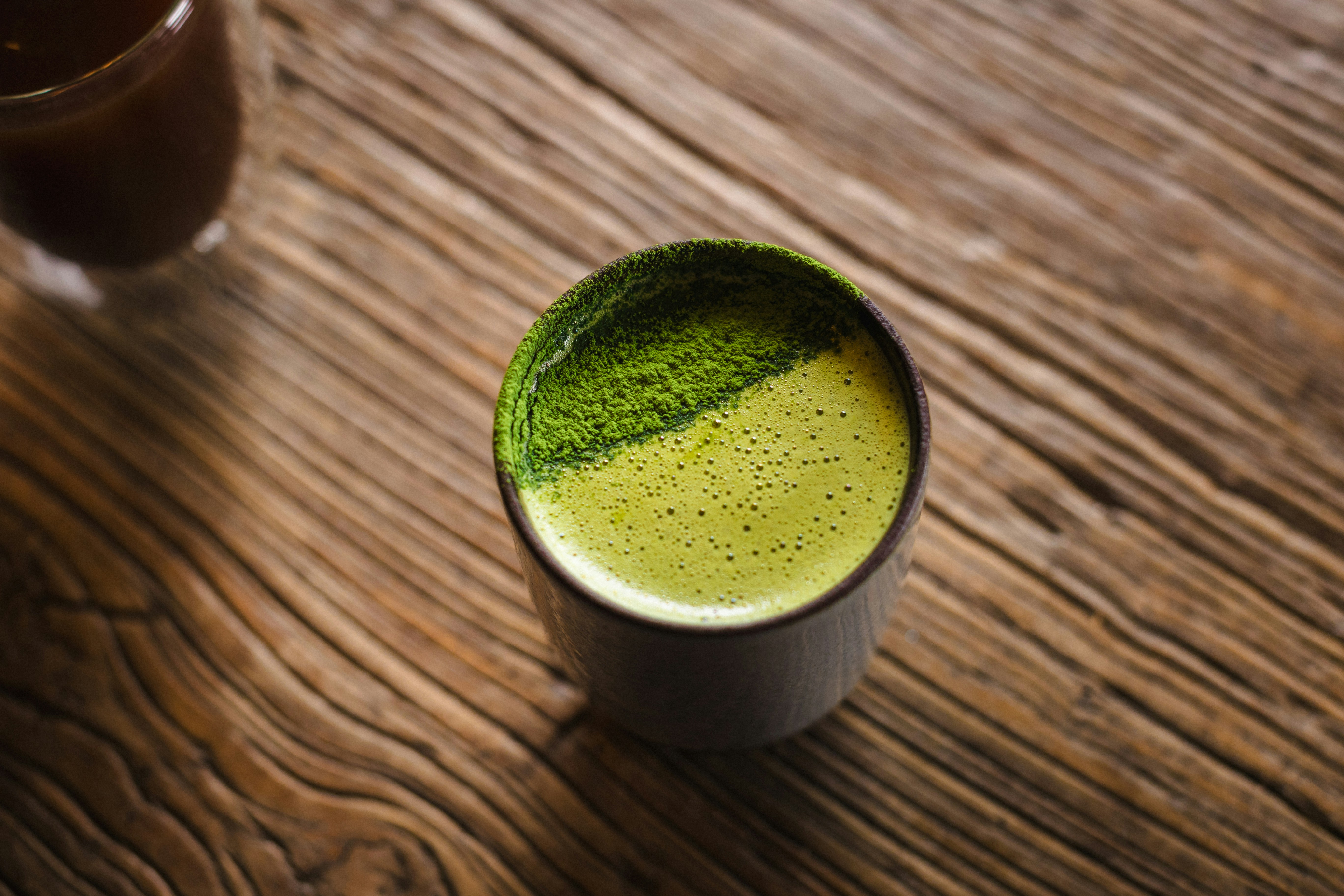The Warm Embrace of Herbal Tea
Herbal tea represents much more than just a simple means of hydration; it embodies warmth, comfort, and a rich tapestry of cultural heritage. With ancient origins dating back thousands of years, herbal tea has been consumed in various societies for its soothing properties, nutritional benefits, and overall sense of well-being. Unlike traditional teas derived from the Camellia sinensis plant, herbal teas are crafted from a vast array of plants, flowers, herbs, and spices, each contributing unique flavors and health benefits.
In many cultures, herbal tea is synonymous with hospitality and comfort. For instance, in Chinese tradition, herbal blends such as chamomile and ginger are often enjoyed not only for their delicate flavors but also for their reputed abilities to ease discomfort and promote relaxation. Similarly, in European countries, herbal teas have been staples in household routines, known for their capacity to support digestive health and improve overall vitality.
This cozy beverage has a way of transcending generations, often becoming a key component of family traditions. Many people have fond memories of sharing a warm cup of herbal tea with loved ones during moments of joy or solace. In such settings, the act of brewing and savoring herbal tea elevates the experience beyond hydration, transforming it into a ritual of connection and care. Moreover, the diverse selection of herbal infusions available today allows individuals to tailor their tea-drinking experiences to match their personal preferences, enhancing both pleasure and wellness.
As we delve deeper into the myriad health benefits associated with herbal tea, we invite you to consider how this delightful beverage may play a transformative role in your daily routine. From enhancing relaxation to promoting health, the unexpected advantages of herbal tea deserve our attention and appreciation.
What is Herbal Tea? A Quick Overview
Herbal tea, often referred to as herbal infusion or tisane, is a beverage brewed from various parts of plants, excluding the leaves of the traditional tea plant, Camellia sinensis. Unlike conventional teas that derive their flavor and characteristics from the leaves of this specific plant, herbal teas can be crafted from a diverse array of botanical ingredients. These include flowers, leaves, seeds, roots, and even the bark of certain plants, providing a wide spectrum of flavors, colors, and aromas.
Common types of herbal teas include chamomile, made from flowers; peppermint, sourced from leaves; ginger, which uses the root; and hibiscus, with its striking floral components. Each of these herbal infusions offers unique profiles and potential health benefits. For instance, chamomile is often celebrated for its calming effects, while peppermint supports digestion. The versatility of herbal tea lies in its ability to combine various herbs, allowing for countless blends and flavors tailored to individual preferences.
The ingredients in herbal teas contribute significantly to their unique taste and purported health benefits. For instance, herbs like echinacea and elderflower are frequently utilized in immune-boosting blends, while rooibos provides a naturally sweet flavor without caffeine. The composition of each herbal blend determines its fragrance, taste, and potential therapeutic properties, making herbal teas a popular choice for those seeking natural remedies.
In exploring the world of herbal tea, consumers will find a rich and diverse universe of tastes and aromas that provides an enjoyable and potentially beneficial alternative to traditional tea. By experimenting with different ingredients and blends, individuals can discover new favorites that cater not only to their taste preferences but also their health aspirations.
Common Health Benefits of Herbal Tea
Herbal tea, known for its diverse flavors and therapeutic properties, has been utilized for centuries as a natural remedy for various ailments. One of the most pronounced benefits is its digestive support. Herbal teas such as peppermint and ginger have been shown to alleviate symptoms of indigestion and bloating. A study published in the Journal of Ethnopharmacology highlights the efficacy of ginger tea in reducing nausea and promoting overall digestive health.
Moreover, herbal tea is celebrated for its ability to promote relaxation and stress relief. Chamomile tea, for instance, is renowned for its calming effects, helping individuals unwind after long days. Research in the journal Phytotherapy Research indicates that chamomile can improve sleep quality and reduce insomnia, making it a popular choice for those looking to enhance their evening routine. Personal anecdotes abound of individuals who have made chamomile tea a nightly ritual, finding solace in its delicate flavor and soothing warmth.
Another key health benefit of herbal tea is its immune-boosting properties. Tea varieties such as echinacea and elderberry are heralded for their roles in strengthening the immune system. According to a study published in the Journal of Clinical Epidemiology, echinacea can reduce the duration of colds and flu symptoms, while elderberry has been found to enhance immune response significantly. Many people report incorporating these herbal teas into their daily regimen during the cold and flu season, thereby feeling more resilient and fortified against common illnesses.
Herbal tea offers a myriad of health benefits, making it a valuable addition to wellness routines. By embracing its use for digestion, relaxation, and immune support, individuals can proactively enhance their overall health and well-being.
The Psychological Benefits: A Sip for the Soul
Herbal tea has long been celebrated not only for its physical health benefits but also for its psychological advantages. Many individuals around the world turn to herbal infusions like chamomile and lavender, which are renowned for their calming properties. These specific blends serve as a natural remedy to promote relaxation and reduce anxiety. Chamomile, for instance, contains antioxidants that can help lower stress levels, while lavender is often associated with a soothing aroma that can ease tension and foster tranquility.
Personal stories highlight the powerful impact of these herbal teas on mental health. One individual shared how sipping chamomile tea before bedtime transformed their nighttime routine. The gentle warmth of the tea, combined with its sedative effects, created a peaceful atmosphere, leading to an improved quality of sleep. Another person recounted their experience with lavender tea. After feeling overwhelmed with daily obligations, they found solace in brewing a cup of lavender tea, which aided in calming their racing thoughts and providing a moment of clarity in their hectic day.
Beyond specific herbal blends, the practice of mindful tea drinking can further enhance emotional well-being. Taking time to savor the flavors and aromas encourages individuals to pause, breathe, and enjoy the moment. This intentional act fosters mental clarity, allowing for reflection and mindfulness. Engaging in such a simple yet profound routine not only helps reduce anxiety but also enhances overall emotional stability.
The psychological benefits of herbal tea extend beyond mere relaxation; they serve as a gentle reminder to prioritize self-care amidst the chaos of everyday life. By integrating herbal tea into daily routines, individuals can experience a remarkable boost in their emotional well-being. Embracing these calming herbal infusions can ultimately lead to a more balanced and peaceful state of mind.
Cultural Rituals: Connecting Through Herbal Tea
Herbal tea has transcended geographical boundaries and cultural barriers, becoming a vital aspect of various traditions across the globe. The consumption of herbal tea often extends beyond mere enjoyment of its flavors; it embodies a rich tapestry of rituals that emphasize connection, community, and healing. These practices vary from one culture to another, yet they share a common thread of promoting togetherness and well-being.
In many Eastern cultures, for instance, herbal tea is integral to social gatherings and family events. In China, the practice of gongfu cha, which translates to “making tea with great skill,” focuses on the artful preparation and appreciation of tea. This rituals leads to a shared meditative experience that not only encourages relaxation but also fosters deep connections among participants. The act of brewing herbal tea becomes a ceremonial way to express hospitality, fostering a sense of belonging and unity.
Similarly, in indigenous cultures, herbal tea plays a central role in healing practices. For many Native American tribes, the use of various herbs to create teas is closely tied to their cultural heritage and spiritual beliefs. These herbal brews often serve a dual purpose: as a means of health and as a medium for storytelling and connection within the community. For example, the preparation of a herbal tea made from substances like sage or chamomile can transform into a moment of reflection and communal sharing, emphasizing the importance of nature and holistic healing.
Across the Mediterranean, the tradition of sharing herbal tea has been shaped by the influence of various cultures. In countries like Morocco, mint tea is served during social gatherings and celebrations, symbolizing hospitality and friendship. This ritual not only allows for the enjoyment of the beverage but also for the forging of social bonds through a shared experience of warmth and care.
These cultural rituals associated with herbal tea exemplify its role as a bridge, connecting individuals through shared experiences, narratives, and practices. Embracing these traditions offers both a celebration of diversity and an opportunity for communal healing, inviting individuals to explore how herbal tea can enrich their own connections.
Spiritual Applications: A Tea for the Spirit
Herbal tea has been revered in various cultures not just for its physical health benefits but also for its spiritual significance. Traditionally, these infusions have played an integral role in rituals, meditation practices, and as tranquil companions during moments of introspection. By serving as a bridge between the physical and metaphysical realms, herbal tea can enhance one’s spiritual journey, fostering a sense of mindfulness and presence during meditation. For many, sipping a warm cup of herbal tea is an invitation to engage deeply with one’s thoughts and emotions, creating a sacred space for reflection.
In cultures around the world, specific herbal blends are used to elevate spiritual practices. For instance, chamomile tea is often associated with calming energy and is utilized before meditation to clear the mind and prepare the individual for deeper exploration. Similarly, lemongrass, known for its purifying properties, is preferred by those seeking clarity and insight during their spiritual journeys. Personal stories abound, illustrating how individuals have used herbal tea as part of their meditation rituals, often noting moments of profound understanding or peace that accompany the warmth of the brew.
Moreover, the act of preparing and consuming herbal tea is often steeped in ritual, enhancing its therapeutic and spiritual effects. The mindful practice of recognizing the aroma of the leaves or observing the swirling colors as they infuse into water can serve as a form of meditation itself. However, while herbal tea can support these practices, it is crucial to remember that it should not replace professional guidance for individuals embarking on significant spiritual explorations. Engaging with trained practitioners can provide invaluable support, unlike the nurturing effects of herbal tea alone. Embracing this holistic approach can pave the way for a more fulfilling spiritual journey.
Creating Your Own Herbal Tea Blends
Crafting your own herbal tea blends at home can be a fulfilling and enjoyable experience that encourages creativity and personal expression. To begin the journey of creating unique blends, start by selecting a base herb. Popular choices include chamomile, peppermint, and hibiscus, each offering distinct flavors and health benefits. Chamomile, for instance, is known for its calming properties, while peppermint can aid digestion and invigorate the senses. Understanding the characteristics of various herbs will empower you to make informed choices when crafting your tea.
Next, consider pairing flavors to enhance your blend. Herb combinations that balance well can result in a smoother, more pleasant taste. For example, mixing lemongrass with ginger creates a refreshingly zesty tea, perfect for boosting energy. Alternatively, combining lavender and chamomile can result in a soothing brew that may promote relaxation. Experimentation is key; try different combinations to discover what suits your palate best.
In addition to selecting herbs, don’t overlook ingredients like spices, fruits, and floral elements, which can add depth to your concoctions. Cinnamon and cardamom can provide warmth and a hint of spice, while dried fruits like apple or orange peel can introduce hints of sweetness. When creating your blend, keep in mind the balance of flavors to avoid overwhelming your taste buds. A good rule of thumb is to incorporate no more than three to five different ingredients to maintain harmony within the blend.
Finally, consider the brewing process for your herbal tea blend. Each ingredient may require different steeping times or temperatures to release their full flavors and benefits. Being mindful of these details can significantly elevate your tea experience. Overall, the process of creating personalized herbal tea blends not only allows for customization, but also enhances your understanding and appreciation of the myriad health benefits they can provide.
Precautions and Considerations: Tea with Care
Herbal tea is often praised for its numerous health benefits, but it is essential to approach its consumption with a sense of responsibility. One critical factor to consider is the potential for interactions with medications. Certain herbal ingredients may alter the efficacy of prescription drugs or over-the-counter medications, leading to unintended side effects. For instance, herbal teas containing St. John’s Wort might interfere with antidepressants, while ginseng may affect blood sugar control for individuals on diabetes medications. It is advisable for individuals to review the ingredients in their herbal tea blends and consult with a healthcare provider when adding new herbal products to their wellness routines.
Another important consideration is individual allergies and sensitivities. While many people enjoy herbal tea without issue, some may experience allergic reactions to specific herbs. For example, chamomile tea may provoke adverse reactions in individuals allergic to plants in the daisy family. Furthermore, consumers should also be aware of herbal teas containing ingredients potentially harmful to specific demographics, such as pregnant or breastfeeding women. Certain herbs can stimulate uterine contractions or affect fetal development, thereby warranting a cautious approach.
Consulting with a healthcare professional is paramount, particularly for individuals with underlying health issues or those currently on medication. A qualified healthcare provider can offer personalized advice on which herbal teas could be beneficial and which ones to avoid. By engaging in open dialogue about herbal tea consumption, individuals can better navigate their wellness journey. Responsible consumption ensures not only the enjoyment of herbal teas but also enhances overall health without compromising safety.
Conclusion: Sip, Savor, and Share Your Journey
Herbal tea, with its profound array of health benefits, invites us to explore a world rich in flavor and culture. From the soothing properties of chamomile to the invigorating zest of ginger, each blend offers not just a unique taste but also an opportunity to enhance our well-being. As we delve into the diverse varieties of herbal tea, we uncover the wisdom passed down through generations, reminding us of the interconnectedness of nature and health. This delightful beverage has been cherished across cultures and centuries, symbolizing shared moments of peace and reflection.
As you embark on your own journey with herbal tea, consider documenting your experiences and the effects you notice. Whether it is a calming cup of lavender tea after a long day or a refreshing glass of peppermint iced tea on a warm afternoon, each sip serves as an opportunity for mindfulness. Embrace the myriad of flavors available and experiment with different combinations that speak to your palate. The beauty of herbal tea lies in its versatility—there is no right or wrong way to enjoy it.
We encourage you to share your personal stories and your favorite herbal tea recipes with our growing community of tea enthusiasts. By doing so, you contribute to a vibrant exchange of knowledge and discovery. The journey through herbal tea is not solely about individual benefits but also about connection—between flavors, cultures, and each other. As you explore new blends, consider the fascinating traditions behind them and perhaps even create your own unique concoctions that resonate with you.
Let us raise our mugs in a toast to health and discovery. Go ahead, sip, savor, and share, as you embark on your own herbal tea adventure.







Leave a Reply